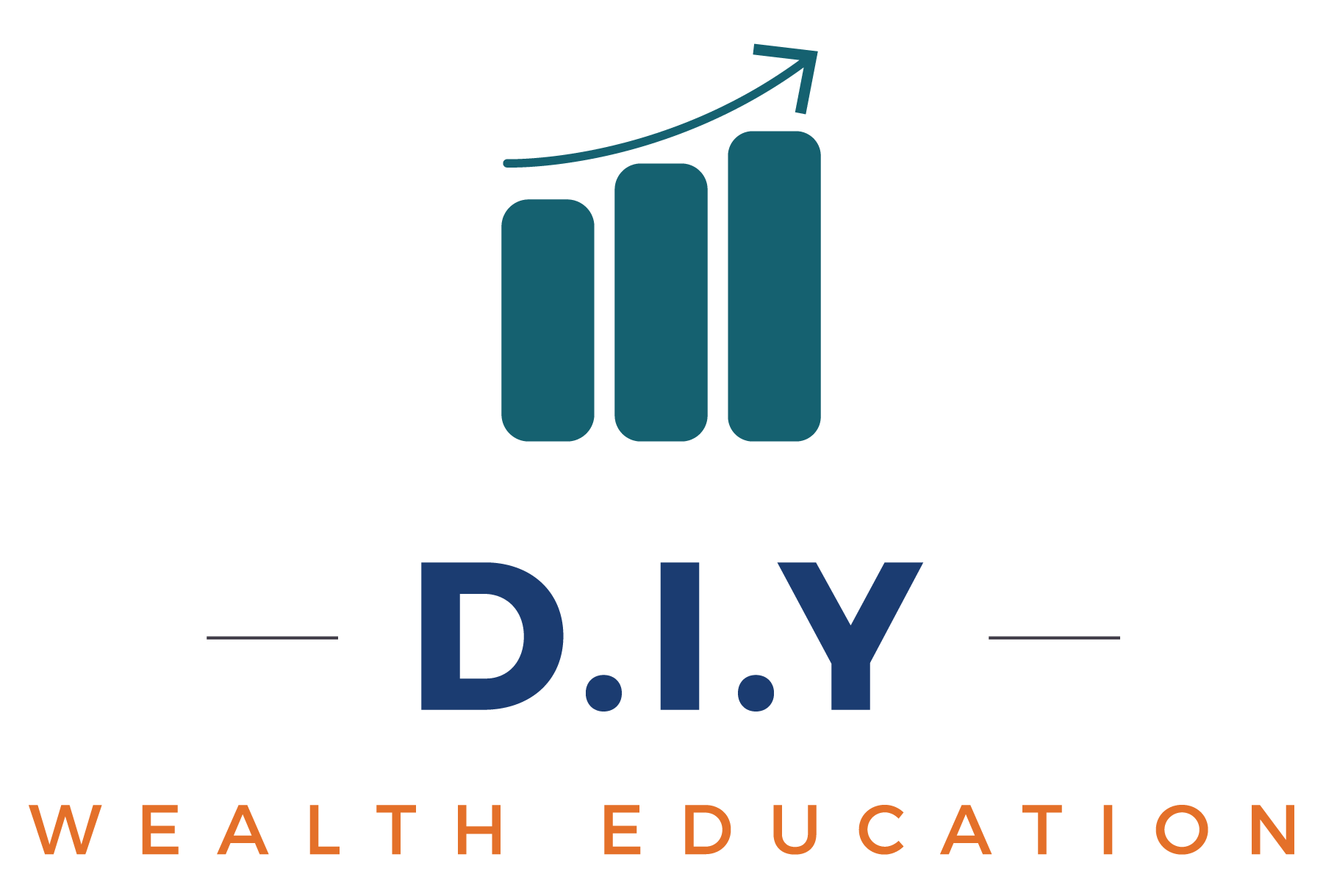The title is something that my dad would always say. The worst part is that it is true. Too much of what we need to know about money and finance we learn way too late to take full advantage of. As you get older, you begin to see many of the financial advantages that come with being young. It is too bad we don’t teach young people what they really need to know, while they can make the best use of the information. Leaving it for life to teach them is a bad idea. First off, young people have other stuff on their minds, rather than their financial future. I know I sure did.
Secondly the information they really need is not readily available. It sure isn’t taught in school. Most financial institutions don’t really give out the information either. During a conversation at one bank, I was told that the last thing a bank wants, is a financially literate customer. It would have too big an impact on profits. Credit card and loan interest are the biggest money makers for any bank. If we taught financial literacy, people would pay off their credit cards every 30 days, and not borrow money any more than they have too. Even the meaning of the most important word in finance is twisted to the interest of the institution, not the consumer.
That word is “Asset”. This word has two distinct meaning. The term the Bank and the dictionary use : property owned by a person or company, regarded as having value and available to meet debts, commitments, or legacies.* And the term us Wealth Accumulation people use. An Asset is something that puts money into your pocket on a regular basis. Financial institutions back up their definition every time you go in for a loan. They have you list your “Assets” and your “Liabilities” so they can establish your “Net Worth”. So what do they list on the Asset side of the sheet? Your house your car, your cash and your investments. Why do they list them as Assets?? Simple, to the bank, they are Assets, especially using the Wealth Accumulation definition. These are the things that make money for the bank on a regular basis. Your mortgage interest, the interest on your car loan, the leverage they make on your cash, and the fees on your investments. Using the Wealth Accumulation definition they are definitely not YOUR Assets!! They regularly take money OUT of your pocket to own them.
What a concept. My house is NOT my biggest Asset??! Does your house put money in your pocket on a regular basis?? The ONLY time that your house becomes an Asset is IF you sell it for more than you paid for it. Yeah. I bought it 10 years ago for $100,000.00 and I sold it for $300.000.00 I made $200,000.00. Not so fast. Did you deduct what the house really cost? What about the mortgage interest you paid, the property taxes, the $20,000.00 for the new kitchen, the house insurance, the maintenance bills, the heat and the hydro. How much did you really make?? But the common wisdom is, your house is your biggest Asset. I still believe you should own where you live. But someone else should be paying the mortgage. Yes, you can do that. Check other posts and articles.
I recently heard about the “Bankers rule”, or the Rule of 72. We should be teaching this by at least grade 8. The rule tells you how long it will take for your money to double using compound interest. It is so simple. Take the interest rate that you are getting and divide 72 by that number. The answer will tell you how many years it will take for your money to double. Lets do an example. You get 2% in your high interest savings account. Your money will double in value in (72 divided by 2) 36 years. That’s great if you have $200,000.00 and 36 years to wait. (One of the advantages of being young.) If you get 9% interest the wait is shorter. (72 divided by 9) Is only 8 years. That same $200,000.00 would now be $900,000.00 in 36 years.
Nobody likes Insurance. But it can be a definite advantage when you need it. Age makes a big difference with things like Life insurance. The younger you are the less it costs. Maybe you should buy it sooner rather than later. But you need to know what to buy. Then there is the concept of self insurance. If your 50 with a passive income of $7000.00 a month and investments worth $2,000,000.00 do you really need life long life insurance?? Or do you need insurance that decreases (and costs less) as your net worth grows??
I am a perfect example of my dad’s saying. I needed to know what I know now, back when I was 20. “Where was this information when I was young?” That is the most popular comment from middle age and older students after my Basic Wealth Accumulation Course. It would help if we made being financially literate “Cool”. If we could make having a healthy investment portfolio at 20 as important as have the newest cell phone, we would be helping the next generation a lot more.
With the advances in health care, we are all living longer. That should not have to translate into us having to work more years, just to maintain an enjoyable lifestyle. If you’re young, remember, years go by quickly. The biggest investment tool is TIME. Use it wisely. Don’t be the poster child for “Too soon old, too late smart.”

